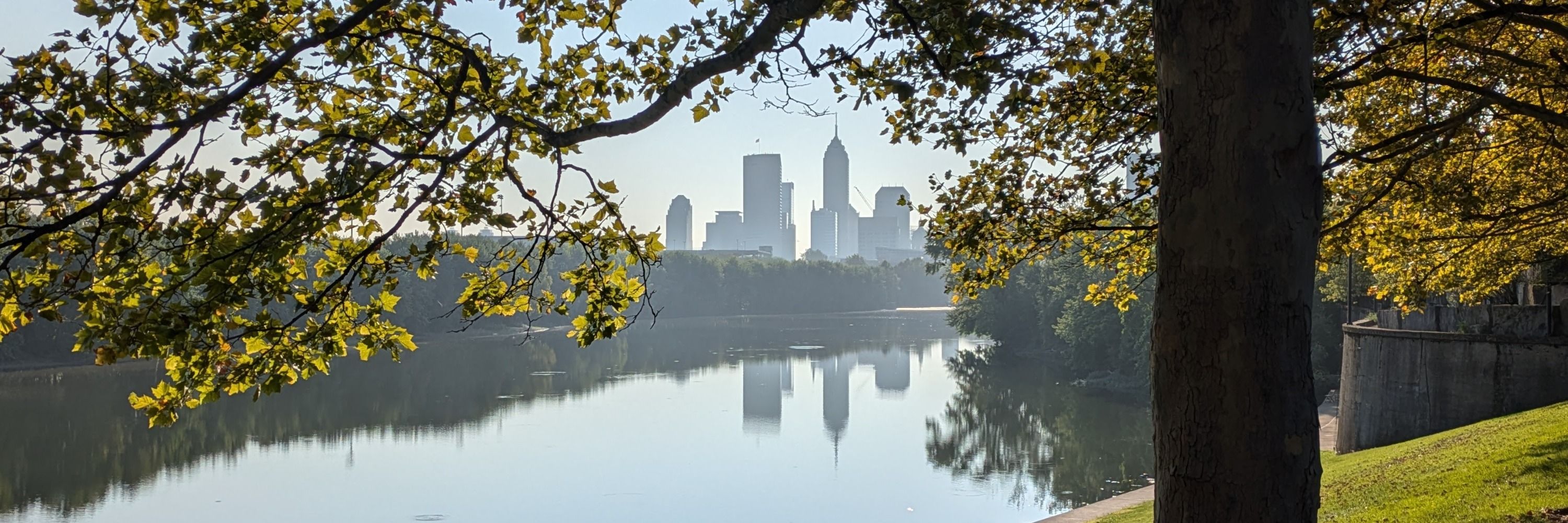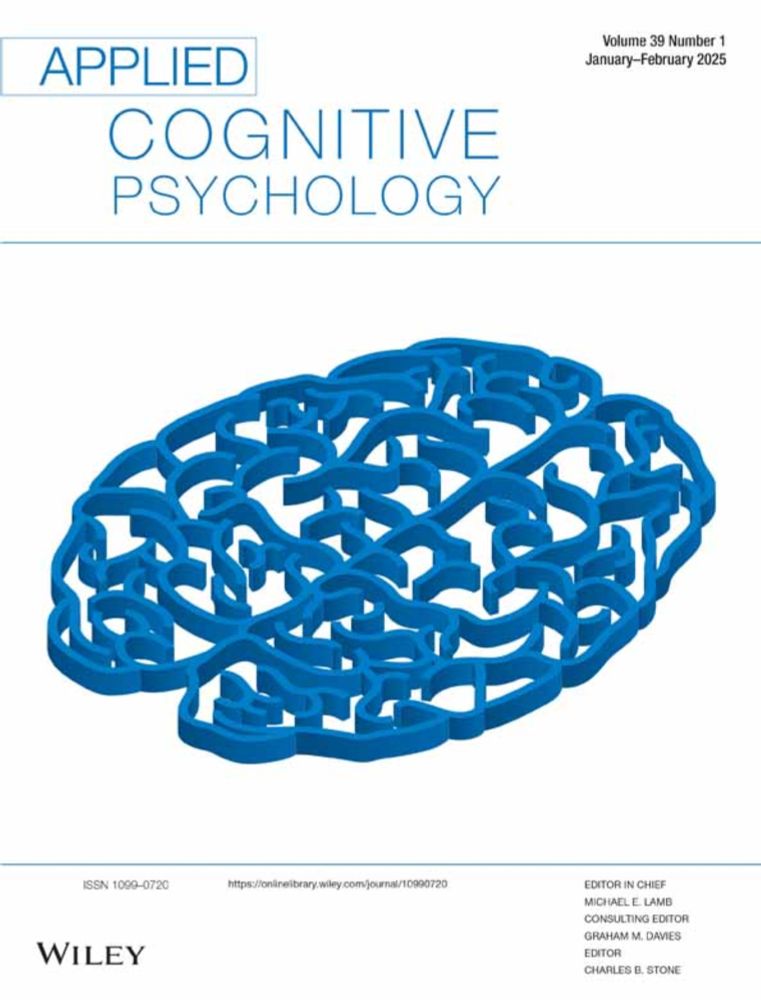Dr. Althea Need Kaminske
@drkaminske.bsky.social
170 followers
230 following
22 posts
Cognitive psychologist and science communicator. Views are my own.
The Learning Scientists:
@learningscientists.bsky.social
Posts
Media
Videos
Starter Packs
Reposted by Dr. Althea Need Kaminske
Reposted by Dr. Althea Need Kaminske
Reposted by Dr. Althea Need Kaminske
Reposted by Dr. Althea Need Kaminske












